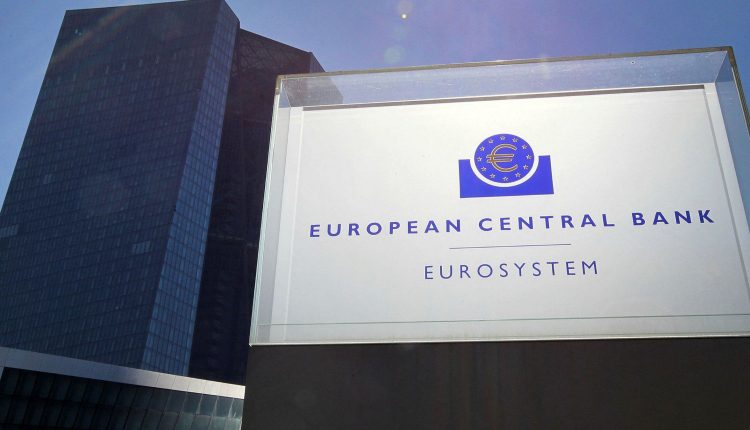European Central Bank keeps interest rates unchanged after 10 consecutive hikes
The European Central Bank (ECB) ended its marathon of interest rate hikes on Thursday, after it decided to keep key rates unchanged at 4 percent.
The move comes despite new upside risks to inflation from oil markets amid the Israeli war escalation in Gaza.
The key rate is set to remain at a record high of 4 percent, where it was brought through 10 consecutive hikes that started in July 2022 and pushed rates back into positive territory for the first time since 2011.
The Governing Council stated that the recent information confirmed its medium-term outlook for inflation at 2.1 percent.
“Inflation is still expected to stay too high for too long, and domestic price pressures remain strong. At the same time, inflation dropped markedly in September, including due to strong base effects, and most measures of underlying inflation have continued to ease,” ECB statement read.
The ECB’s decision is in line with major central banks worldwide, which are widely seen to have already reached or to be on the brink of peak interest rates. The Bank of England, Swiss National Bank, and U.S. Federal Reserve all opted to keep rates unchanged in September.
The ECB needs monetary policy to remain sufficiently tight to meet its current inflation expectations of 5.6 percent this year, 3.2 percent next year, and 2.1 percent in the “medium term.”
When asked how long rates need to stay at current levels, ECB President Christine Lagarde told CNBC: “We refer to timely manner, sufficiently long. But in the same breath, I say we shall be data-dependent. At this point of our fight against inflation and after 10 successive hikes, no w is not the time for forward guidance.”
Lagarde further said the topic of rate cuts was not discussed by the Governing Council.
“Even having a discussion on a cut is totally, totally premature. For the moment we are saying we are steady, we have to hold,” she added.
However, the ECB must also reckon with persistently weak business activity and tepid euro zone growth forecasts of 0.7 percent in 2023 and 1 percent in 2024.
Lagarde confirmed it is also assessing volatility in the bond market, where yields have grown sharply, reflecting a global sell-off.


